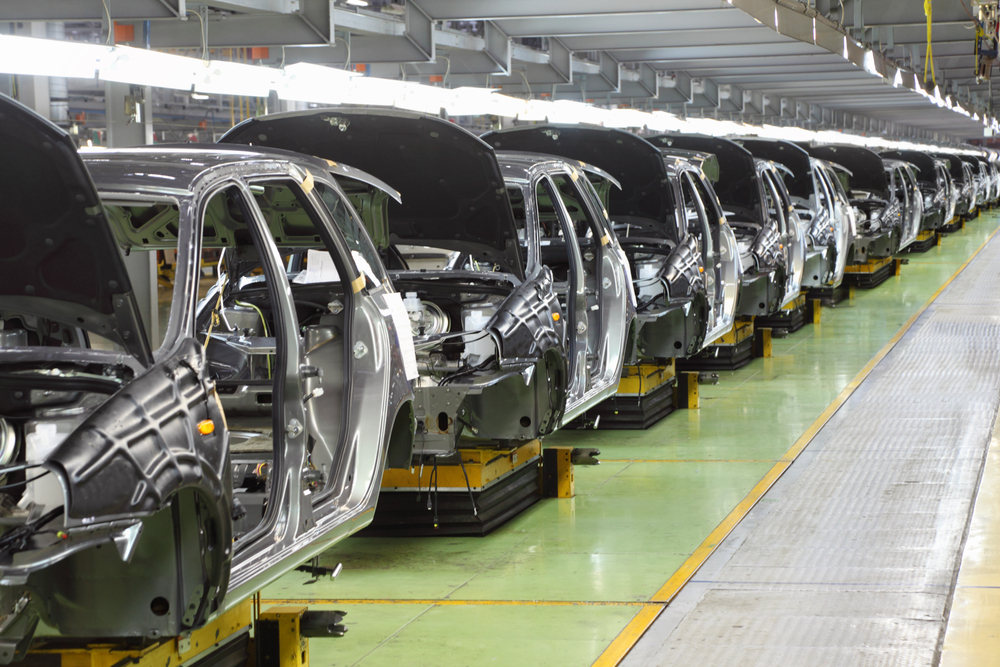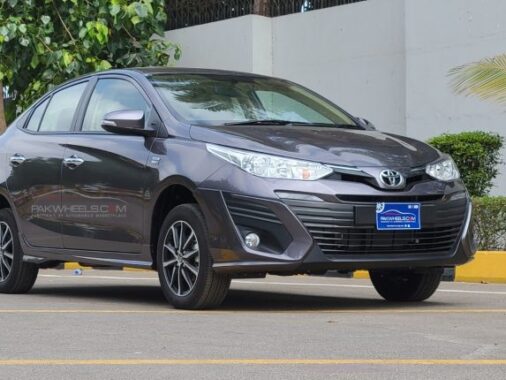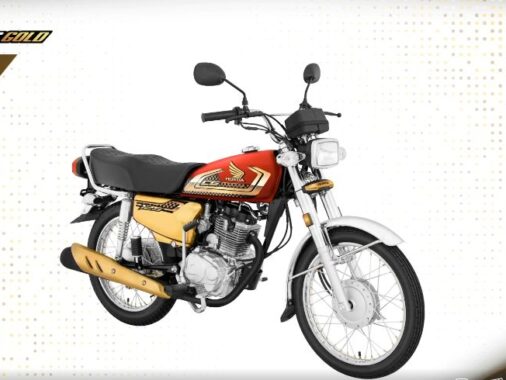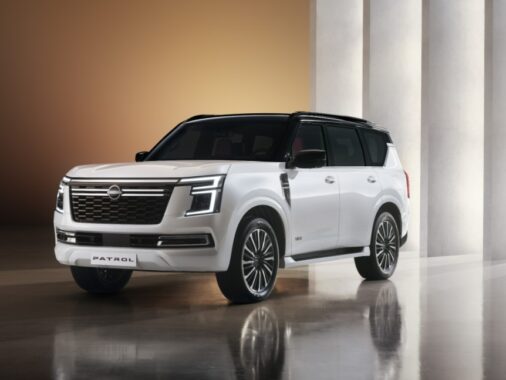The auto industry in Pakistan has been supported by protectionist policies, creating a lack of competition. Japanese companies like Indus Motor Company (Toyota), Honda Atlas Cars Pvt. Ltd (HACL), and Pakistan Suzuki Motor Company (PSMC) have historically held a strong position in the market. However, changes are on the horizon, bringing both challenges and opportunities.
The once comfortable environment for these companies has shifted as new players enter the Completely Knocked Down (CKD) segment and regulations on used car imports relax, fostering increased competition.
A Change in Policy
New policies require Japanese car giants to increase their exports to 10% of their total imports by 2025-26, prompting concerns and threats of World Trade Organization (WTO) intervention from Japan.
Pakistan maintains it is following WTO rules, but discussions between the two countries may escalate to formal WTO proceedings if an agreement cannot be reached.
The Obstacles
Car manufacturers cite challenges such as high taxes on exports, limited trade agreements for car parts, and a lack of demand for their vehicles in foreign markets. They seek reduced taxes and support to strengthen the industry’s export capabilities.
As Pakistan aims to meet export targets, Japanese companies face growing competition from Chinese rivals, known for their expertise in Electric Vehicles (EVs) and eagerness to tap into new markets.
Chinese manufacturers are exploring export opportunities, leveraging Pakistan’s geographical advantage and alignment with right-hand driving markets. Adaptation and innovation are key for Japanese assemblers to remain competitive in this evolving landscape.






